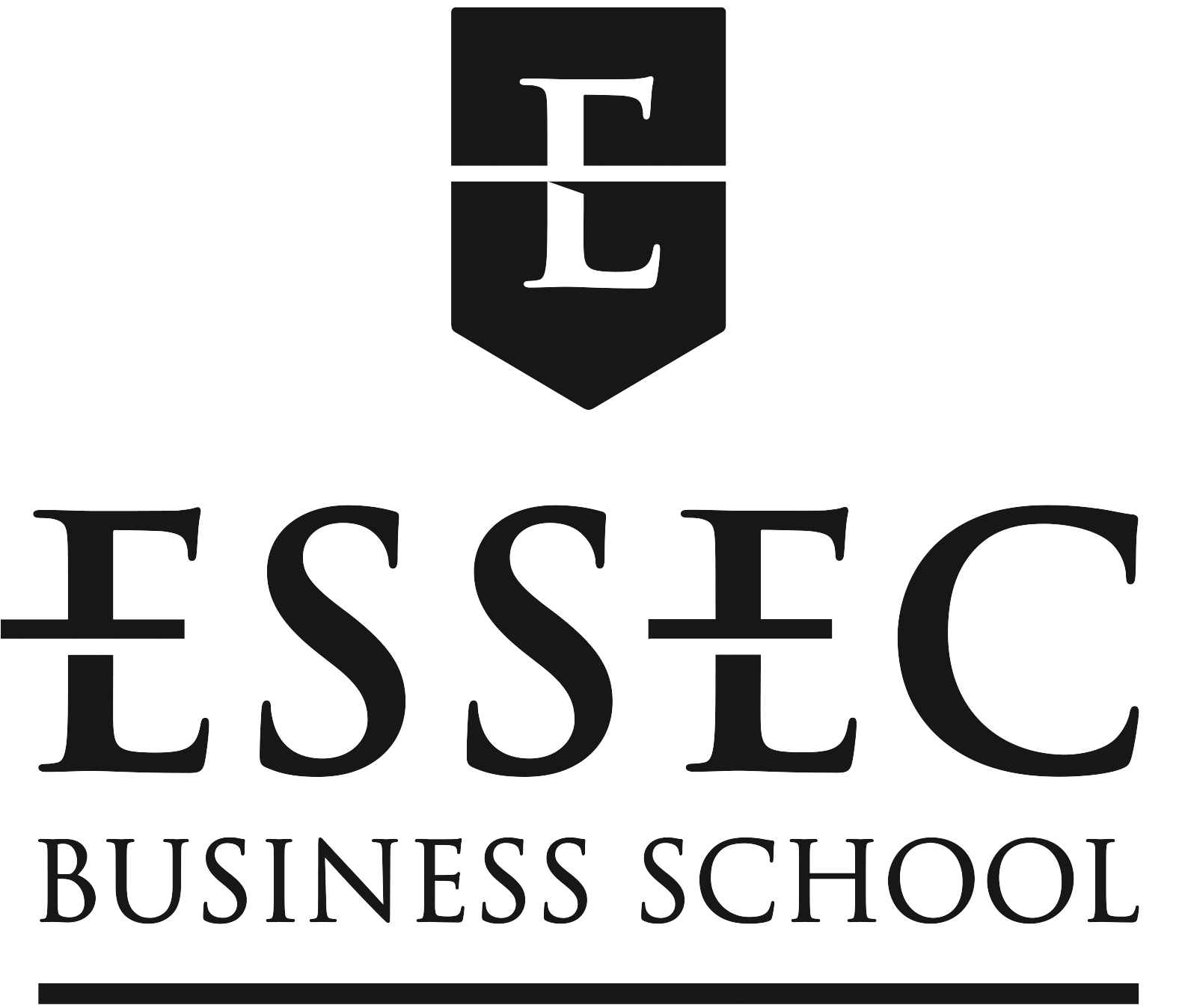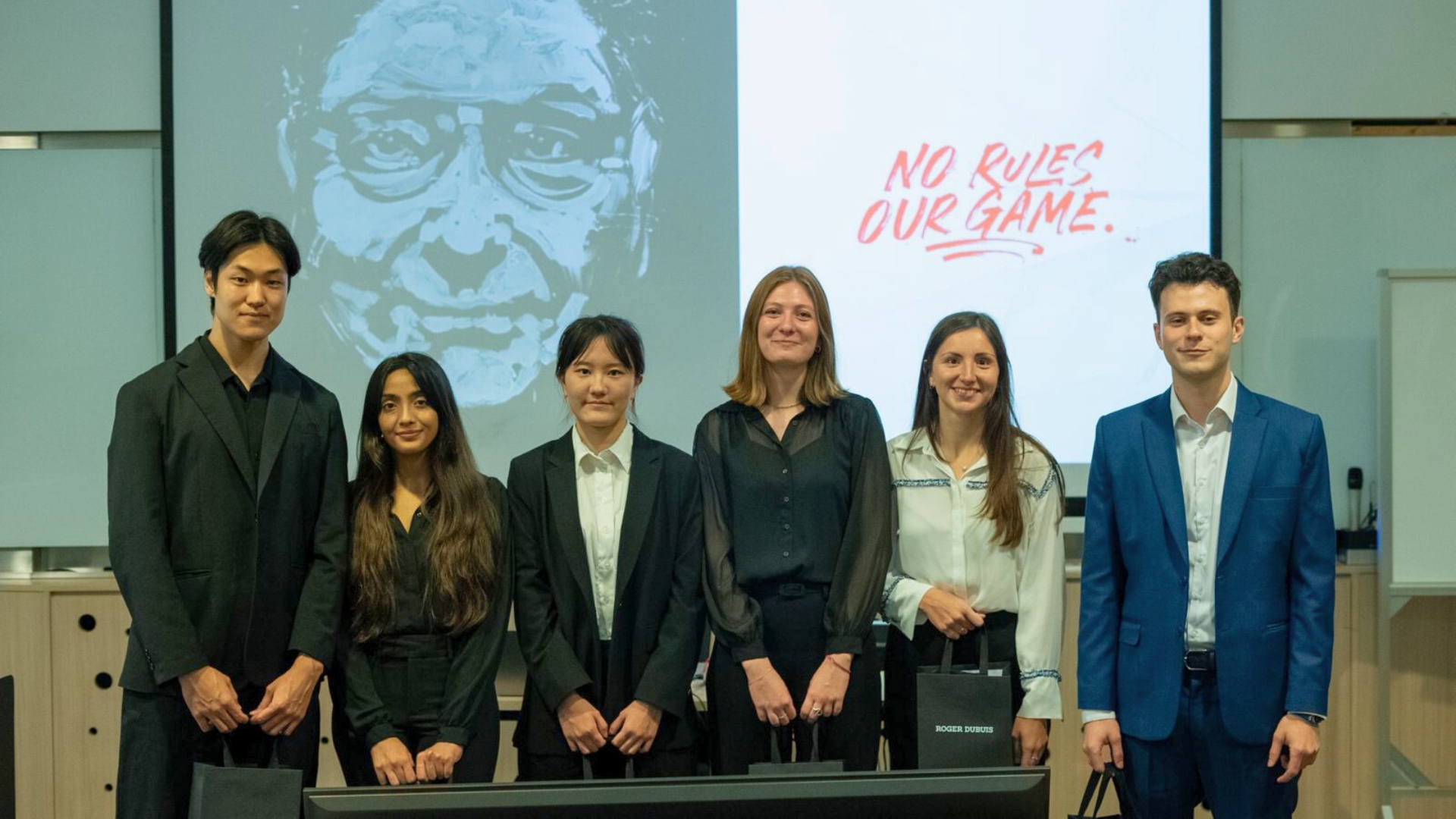One of the key advantages of obtaining a Master’s degree is being able to specialize in a niche field and developing unique skill sets that a Bachelor’s degree alone may not offer.
At ESSEC Asia-Pacific, students of the Master in Strategy & Management of International Business (SMIB) hone their skills in strategy and management and can choose from two specialized tracks—Strategic Consulting and Corporate Strategy—in their second term.
Anne-Flore Maman Larraufie, SMIB Program Academic Director, tackles common questions that SMIB students may have.
1 | What is the difference between the Corporate Strategy and Strategic Consulting tracks?
The most significant difference is the amount of time dedicated to understanding the role of a consultant.
“If you want to be a consultant, the Strategic Consulting track will prepare you for the interview process in the consulting industry,” Maman Larraufie says, explaining that this is done through a dedicated 25-hour course on Case Cracking and classes like Soft Skills on Consulting—all of which train students in the ways of consultants.
The skills gained are particularly relevant as big consulting firms typically require applicants to do case cracking as part of the hiring process.
The Corporate Strategy track, on the other hand, focuses on equipping students for positions with a strategic standpoint. Under this track, students take up courses such as Business Development, Financial Market, and Supply-Chain Management, all with an Asian focus, which gives students the foundation they need for strategy-related roles across sectors.
2 | What industry exposure can I gain from each track?
Students gain the same access to industry talks, career fairs, and study trips, regardless of which track they take.
In addition, all students can participate in the Asian Strategy Challenge (ASC). In this seven-month-long project, students act as consultants from the school’s partner companies to solve real-world business problems.
However, those from the Corporate Strategy track can opt out of the ASC and choose to undertake a Company Mission instead to obtain similar industry experience.
3 | Can I take courses from the other track?
Yes! Owing in part to the intimate cohort size at the ESSEC Asia-Pacific campus, students in Singapore can easily customize their curriculum with modules from the other track as electives.
What this means is that if you wish to broaden your skill set and keep your options open—you can, if your schedule allows!
4 | What if I don’t want to be a consultant?
That’s fine. “It doesn’t mean that because you’re in the Strategic Consulting track, you won’t be able to get a job at a regular corporation,” Maman Larraufie says.
“Students from both tracks take advanced courses on innovation, strategy, finance, and marketing, which makes them adaptable to different industries,” she adds, noting that students have gone on to roles in finance, project management, marketing, and more—the commonality across the diverse positions is that the roles revolve around management and strategy.
5 | What if I want to become a consultant, but I’ve chosen Corporate Strategy?
It isn’t impossible, Maman Larraufie observes, likening the job search process to preparing for the Graduate Management Admission Test (GMAT), where one can choose to take preparation courses to boost their chances.
“You can still do very well on GMAT by studying for the exam by yourself,” she explains, elaborating that in the same vein, “if you want to be a consultant and are in the Corporate Strategy track, you will have to double work yourself to prepare for the interviews. It’s not impossible. It just means you won’t get the added preparation from the school.”
RELATED POSTS
Green is the New Gold: Giving SMIB Students An Edge in Sustainable Finance
Sebastian Sohn shares why sustainability matters in the Sustainable Finance course for ESSEC Master in Strategy and Management of International…
Three MiF Curriculum Features that Make the ESSEC Asia-Pacific Campus Stand Out
Student Ambassadors share how the ESSEC Master in Finance at Singapore has prepared them for the world of finance.
Freedom and Practicality Draw Students from Asia to the MiM Program at ESSEC APAC
From diverse backgrounds to common goals, students from ESSEC's Master in Management program are shaping their futures with flexible learning and…
The MMD 2024 Digital Marketing Challenge: A Taste of the Real World
The annual Digital Marketing Challenge is arguably the biggest highlight of the MSc Marketing Management and Digital program. Student Ambassador…
Three Ways ESSEC GBBA Students Can Make the Most of Their Exchange
Student Ambassador Sagarika Majumdar and alumna Manqi Zhao share their tips.
How the ESSEC MMD Program Makes Learning Practical and Relevant
Fresh graduates need help entering the workforce, as they need more experience and have a limited understanding of the industry. ESSEC Master in…







